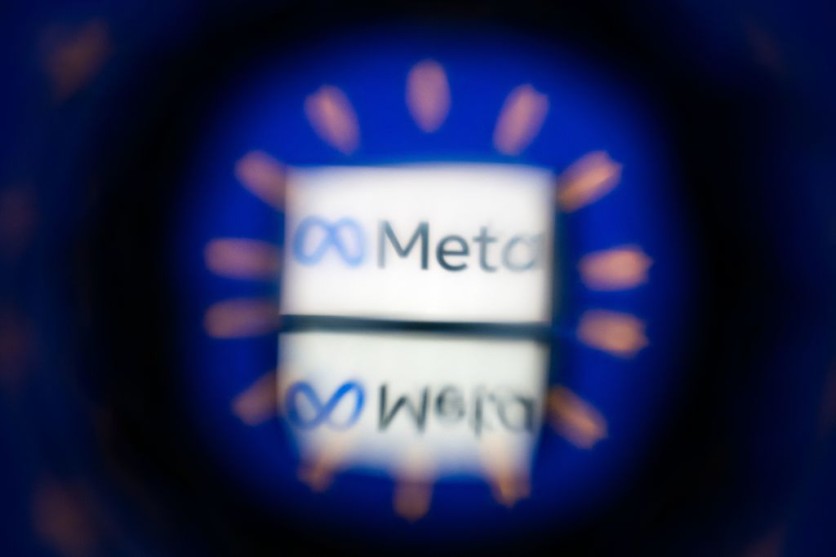Meta, the parent company of Facebook, has announced its decision to appeal against the inclusion of its Messenger and Marketplace products in the stringent regulations imposed on digital giants by the European Union (EU) in September, according to a report by AFP.
The move comes as part of the EU's efforts to establish more robust regulations for major tech companies, with the aim of protecting European consumers online and fostering competition in a sector largely led by U.S. tech giants.
In September, the EU revealed a list of 22 companies, including Meta, Apple, and TikTok's parent company ByteDance, subject to new regulations under the Digital Markets Act (DMA).
The DMA mandates significant changes in the practices of the largest tech firms, intending to create a fairer market through a set of guidelines and restrictions.

Meta's Appeal
Meta's decision to appeal specifically addresses the inclusion of Messenger and Marketplace within the DMA. A Meta spokesperson emphasized that the appeal is focused on seeking clarification on legal points related to the designation of these products under the legislation.
The company reiterated its commitment to complying with the DMA and expressed a willingness to collaborate with the European Commission to ensure compliance.
However, the European Commission, the EU's antitrust body, has not yet commented on Meta's appeal.
The DMA identifies certain services as "core platform" services owned by major tech companies considered "gatekeepers." This designation applies when a service boasts more than 45 million monthly active users and over 10,000 yearly active business users in the EU.
The affected companies, including Meta, must fully comply with the DMA regulations by March 6, 2024. The primary objective of the DMA is to prevent larger tech entities from stifling the growth of smaller competitors by acquiring them.
The EU has been at the forefront of global efforts to regulate big tech, with the DMA and its counterpart, the Digital Services Act (DSA). Critics contend that these companies have operated with undue freedom, negatively impacting users. Hence, the EU's regulatory measures aim to address this concern.
Read Also : Meta's Oversight Board Upholds Decision on Controversial Diet Posts, Recommends Content Restriction
Meta and Snap Receives Formal Requests
In a related development, both Meta and Snap have received formal requests for information (RFI) from the European Commission regarding the safety measures implemented for minors on their platforms. This aligns with the provisions of the EU's Digital Services Act (DSA).
The Commission had previously issued similar RFIs to TikTok and YouTube, reflecting the growing importance of child protection in DSA oversight.
Under the DSA, Meta and Snap are obligated to furnish the requested information to the Commission by December 1. The Commission will assess the responses and may initiate proceedings under Article 66 of the DSA, which grants the authority to impose fines for providing inaccurate or incomplete information in response to information requests. Non-compliance may result in the imposition of periodic penalty payments.
Related Article : Meta Oversight Board to Tackle Case on Altered Video of Joe Biden Ahead of 2024 Presidential Election

ⓒ 2026 TECHTIMES.com All rights reserved. Do not reproduce without permission.




